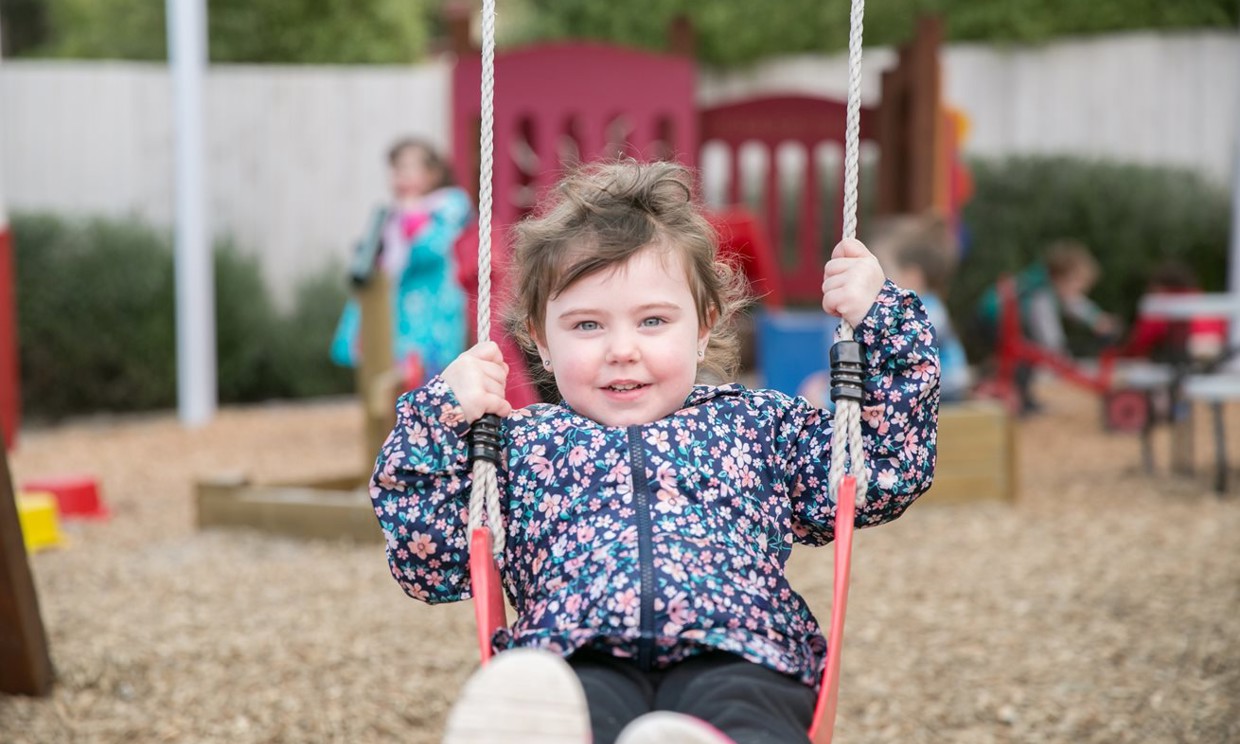A two-year-old's world is full of big ideas to discover, explore and learn. Children of this age group are eager to use their newly-discovered independence and so a program to help them find opportunities for starting conversations, sharing ideas, finding out about their environment, asking questions and making friends is important.
This is the third post in our four-part series which describe the stages of a child’s development throughout their early years. As they move from infancy through to preschool-age, the way they learn and develop changes, and it can sometimes feel difficult to keep up with your vibrant and energetic child.
How 2 to 3 year olds learn
Different interests and skills become clearer at this age, and you can use these emerging interests to help your child learn about new concepts and ideas. New connections are happening in your child’s brain at an extraordinary rate, and the basic pathways that were laid in their infant and toddler stages are becoming more varied and complex.
Children at this age often love to investigate and make meaning of the world around them, making this a great age to encourage them to research, observe, find answers and learn to think for themselves.
Ways to encourage learning
Your child's educator can help enhance this development and stimulate your child’s imagination by guiding them through creative learning experiences and new intellectual challenges. Building on skills already developed, your child's educator can design stimulating play-based learning experiences to help your child develop new skills around literacy, maths, science, social competence and physical development, and introduce opportunities for your child to discover new skills and interests.
Pretend play, role play and dress-ups are an ideal activity to practice getting along with others, as well as helping children develop a strong sense of self, reasoning skills and imagination. It's also good to create opportunities for children to solve more complex problems with puzzles, block and construction games – perseverance and patience are important traits to encourage.
Setting your child up with these strong foundations will help them lead into the years where they learn more difficult skills in preparation for school and life.


